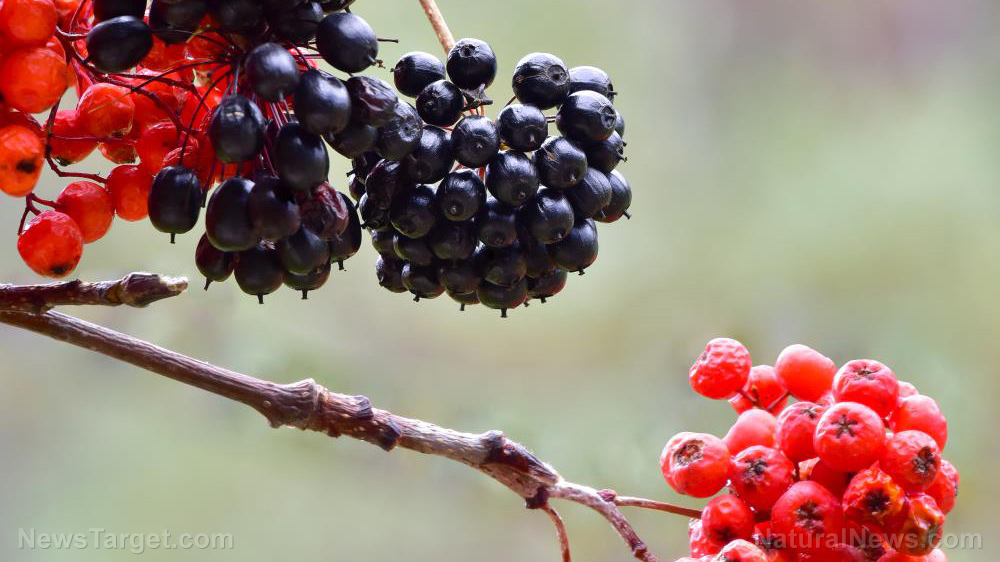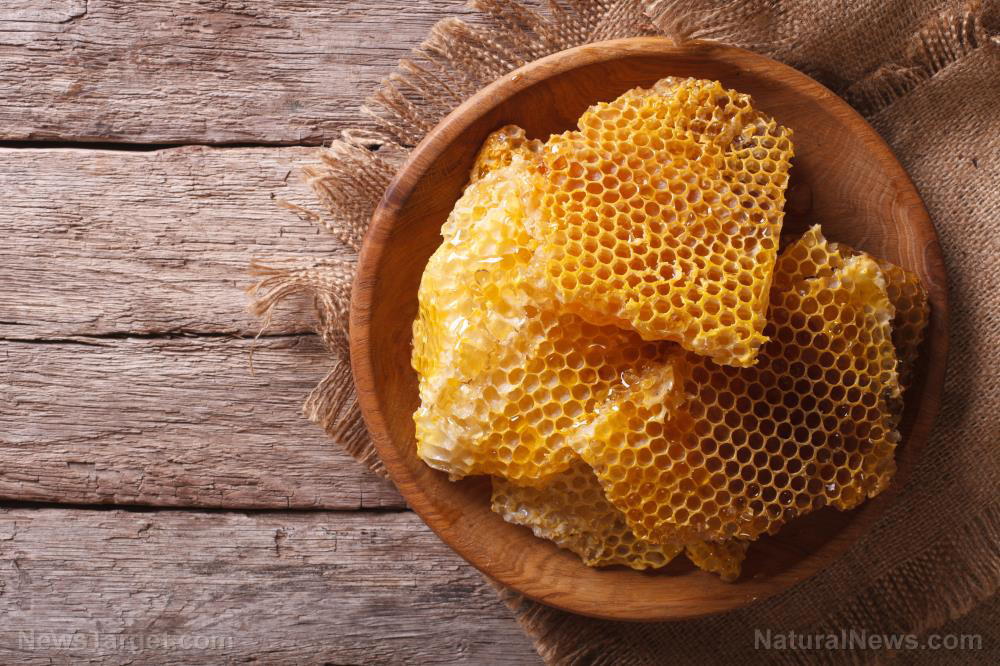Study: Vitamin A intake may help lower skin cancer risk
05/13/2020 / By Evangelyn Rodriguez

The vitamin A family consists of a group of fat-soluble nutrients commonly referred to as retinoic acids. These include retinoids such as retinol, a common ingredient in skincare products, retinal, a molecule necessary for vision and retinyl esters, the storage form of retinol.
Well-known for their ability to improve vision, these compounds are also involved in immune function, reproduction and cell communication. Two forms of vitamin A can be obtained in the human diet: preformed vitamin A and provitamin carotenoids.
In a recent study, researchers at Brown University, Harvard Medical School and Inje University in South Korea explored the association between a person’s intake of vitamin A and his risk of cutaneous squamous cell carcinoma (SCC). SCC is the second most common form of human skin cancer and is marked by the abnormal and rapid growth of squamous cells, which make up the outermost layer of the skin.
The researchers reported their findings in an article published in the journal JAMA Dermatology.
Vitamin A and skin cancer prevention
Retinoids are important for maintaining the maturation and differentiation of epithelial cells, which are the cells found on the surfaces of organs like the skin and blood vessels. Synthetic retinoids are commonly used today for the prevention of skin cancer in high-risk populations, but these chemicals cause adverse effects. (Related: How to effectively treat skin cancer.)
To determine whether dietary vitamin A intake, which doesn’t have side effects, can also protect against skin cancer, the researchers conducted a cohort study involving a total of 48,400 American men and 75,170 American women. These volunteers took part in the Health Professionals Follow-up Study (1986-2012) and the Nurses’ Health Study (1984-2012), respectively. The researchers examined the participants’ intake of vitamin A and carotenoids and assessed their risk of SCC.
Among the participants, a total of 3,978 SCC cases were confirmed by pathological reports. The researchers found that higher total vitamin A was associated with a reduction in SCC risk. Similarly, higher intakes of retinol and some caroteinoids, such as beta-cryptoxanthin, lycopene, lutein and zeaxanthin, also reduced the participants’ risk of SCC. The researchers noted that the association remained consistent even after sex and other SCC risk factors were taken into account.
Based on these findings, the researchers concluded that increasing your intake of dietary vitamin A can decrease your risk of incident squamous cell carcinoma.
The role of vitamin A in the human body
Despite being unidentified in ancient times, vitamin A has long been used by healers to remedy vision-related problems. For instance, the Ancient Egyptians prescribed the consumption of liver, a rich source of vitamin A, as a treatment for night blindness. It wasn’t until the late 1920s that the compound in liver responsible for its eye benefits was isolated and named vitamin A.
Today, vitamin A is known as an important component of rhodopsin, the protein found in retinal receptors that absorbs light. It is also known to support vision by helping the conjunctival membranes and cornea function properly. Outside of the eyes, vitamin A also plays a critical role in the formation and maintenance of other organs, such as the heart, kidneys and lungs.
Vitamin A can be found in the form of preformed vitamin A in various foods, such as dairy products, fish, meat and animal organs. Provitamin A, on the other hand, can be derived from edible plants, where they serve as pigments. Carotenoids like alpha- and beta-carotene, which are abundant in fruits like mangoes and oranges and vegetables like carrots and spinach, are the most common dietary provitamin As. These carotenoids are metabolized inside the body into retinal and retinoic acid, the active forms of vitamin A.
Interested in other benefits of vitamin A? Visit SupplementsReport.com to learn more.
Sources include:
Tagged Under: alternative medicine, carotenoids, food cures, food is medicine, food science, natural cures, natural medicine, nutrients, nutrition, phytonutrients, remedies, research, retinoids, vitamin A
RECENT NEWS & ARTICLES
COPYRIGHT © 2017 PREVENT CANCER NEWS

















